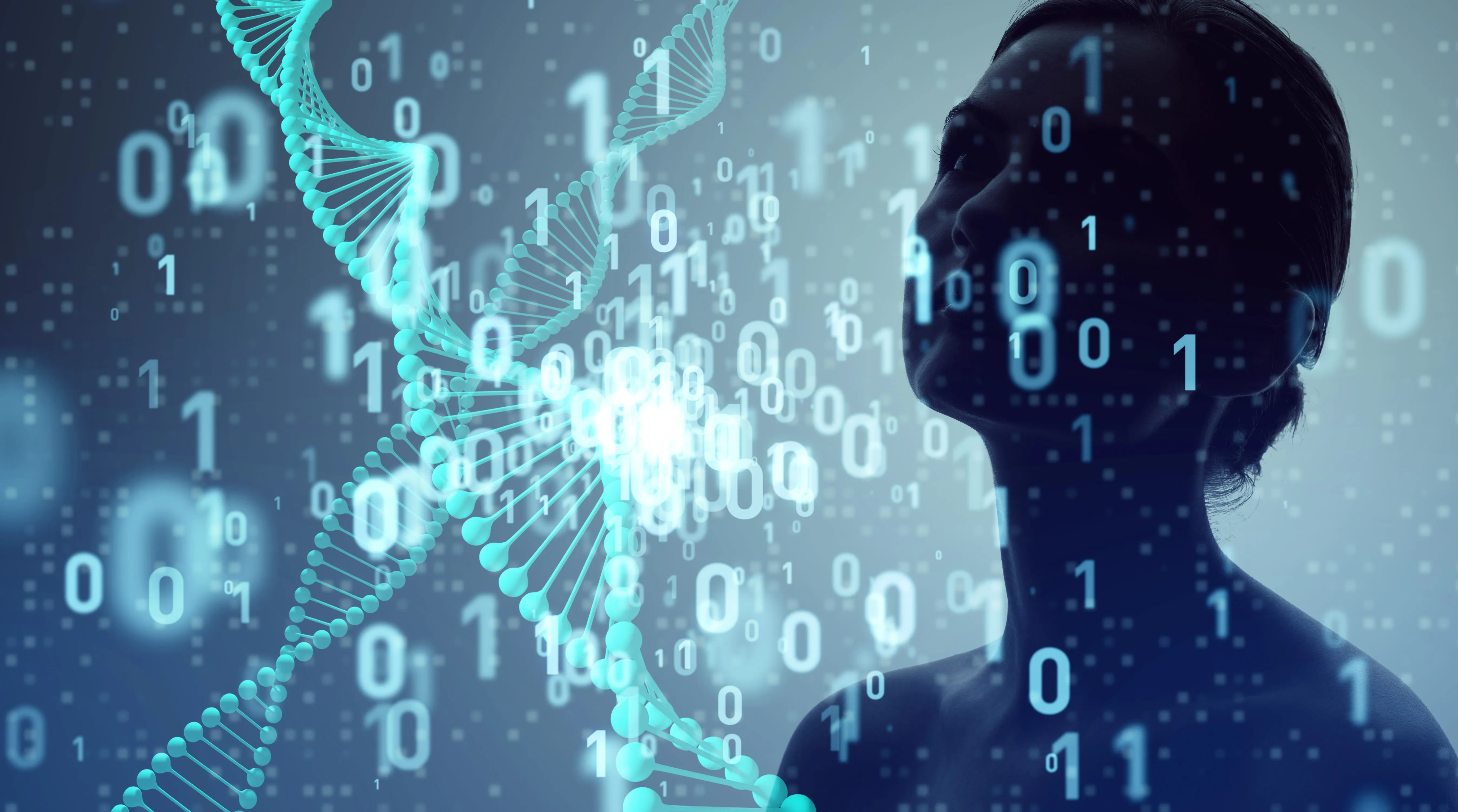May 12, 2022 – Artificial intelligence has moved from science fiction to everyday reality in a matter of years, being used for everything from online activity to driving cars. Even, yes, to make medical diagnoses. But that doesn’t mean people are ready to let AI drive all their medical decisions.
The technology is quickly evolving to help guide clinical decisions across more medical specialties and diagnoses, particularly when it comes to identifying anything out of the ordinary during a colonoscopy, cancer diagnosis, according to the ulcerative colitis living in Brooklyn, NY. Aasma Shaukat, MD, a gastroenterologist at NYU Langone Medical Center, did a routine colonoscopy on the patient.
“As I was focussed on taking in the [intestines] I did not notice a 6 mm [millimeter] flat polyp … until AI alerted me to it.”
Shaukat removed the polyp, which had abnormal cells that may be pre-cancerous.
Addressing AI Anxieties
The Yale survey revealed that most people were “very concerned” or “somewhat concerned’ about possible unintended effects of AI in health care. A total of 92%”said they would be concerned about a misdiagnosis, 71% about a privacy breach, 70% about spending less time with doctors, and 68% about higher health care costs.
A previous study from Aneja and colleagues published in July 2021 focused on AI and medical liability. They found that doctors and patients disagree about liability when AI results in a clinical error. Although most doctors and patients believed doctors should be liable, doctors were more likely to want to hold vendors and health care organizations accountable as well.
